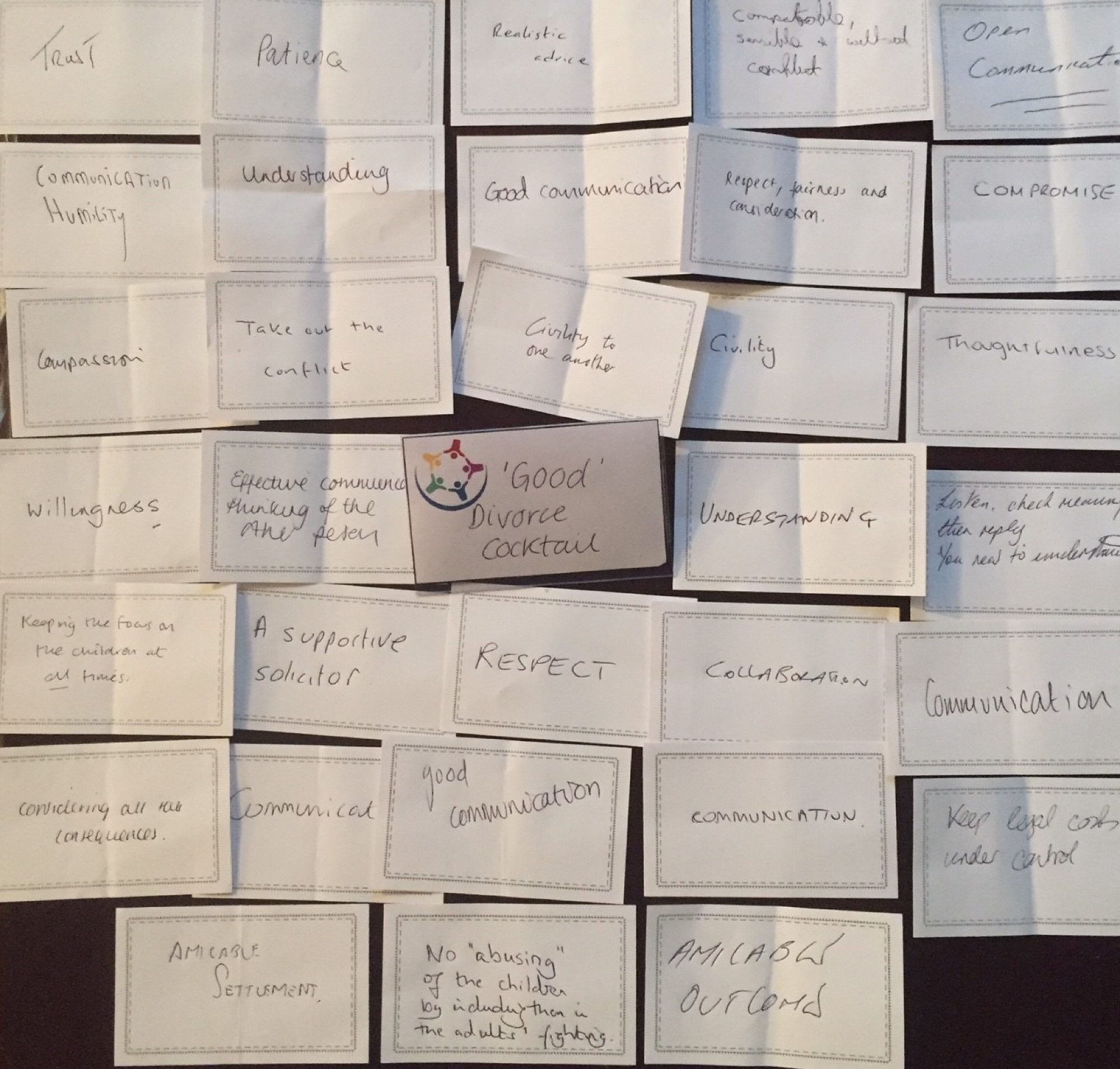So, it’s “that” time of year again and already in town there is a sense of pressure and panic as I watch busy shoppers struggle with bags laden with gifts for family and friends. There’s a bustle around the supermarkets as trollies collide, stacked high with sprouts, parsnips, turkey and pudding.
There is also anticipation and excitement from children who are queuing to see Father Christmas or gazing at the bright lights dancing high above the streets of the town. As the song tells us “it’s the most wonderful time of the year”
But is it???
For some people, Christmas is a time of dread for one reason or another. Finance (or lack of it), having family to stay, thinking of loved ones who may have died at this time of year and especially the extra pressure put upon us to complete all the tasks that need to be done before “the big day”. It is particularly difficult for those families affected by separation or divorce.
It is hard for parents even to consider being away from their children on Christmas Eve/Day and so battles often occur between parents over who will have the children during those special days. Ultimately the end result is often unhappy parents and unhappy children who are stuck in the middle.
As a therapist I help families who are struggling with contact and co-parenting issues, so I thought it might be useful to let me tell you what I know children of separated parents say about Christmas;
- Children love you both and want to spend time with each of you
- Children love having Christmas twice (what child wouldn’t?) and often don’t mind which order they go in
- Being around grandparents and extended family is something that children of separated parents can miss out on, so Christmas is an ideal time for them to catch up
- Parents who are uncivil to each other at handovers and especially at Christmas make it harder for children to be excited about leaving one parent and going to the other.
- Children often have a good sense of fairness and are very adaptable to change-what gets in the way is parental conflict.
So, at this busy time of year a few “Try” and “Try not to” points to help you have the best possible Christmas
- Try to remember if you are feeling angry and upset with your ex, that these are your feelings about your relationship- the children have a different relationship with your ex
- Try to make it ok for the children to be with and get excited about being with your ex- they love them as much as they love you
- Try to be fair-children will notice when it isn’t and it upsets them when they feel a parent is missing out
- Try to negotiate alternate years for Christmas Eve/Day to make it fair to both of you and especially for the children
- Try to be excited for your children when they are going to the other parent, even if you don’t feel it. They will be excited but if you seem sad it causes them distress.
- Try not to compare the two Christmases-both are equally important experiences for your children
- Try not to argue with your ex at the handover-if something is wrong save it for another time
- Try not to contact your children too much when they are with your ex. Remember that hopefully they will be having a good time- they still love you but they will want to be involved in Christmas Number 2
- Presents are exciting for children but time with each of you is much more important. Try not to get too upset is your ex has bought the latest gadget or more expensive gift-what children remember is the time you spend together.
It’s hard for everyone involved when couples separate, especially for the children and particularly the first Christmas apart. Parents have a choice about how to behave in front of their children. Remember that children learn from the adults in their life and will mirror their parents’ behaviour.
If things go wrong try not to worry too much, just try to do your best for next time.
As parents we can only be ‘good enough’-we are not perfect but we can aim for better co-parenting relationships in the future.
I wish you a Merry Christmas and hope that your children have lots of fun with both of their parents.


